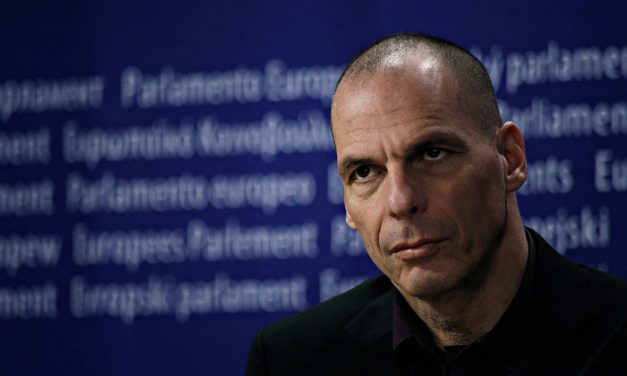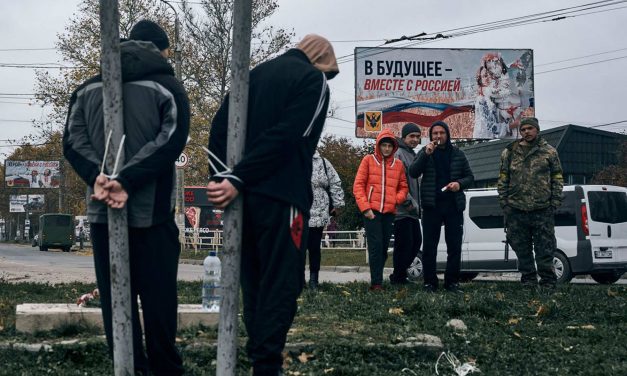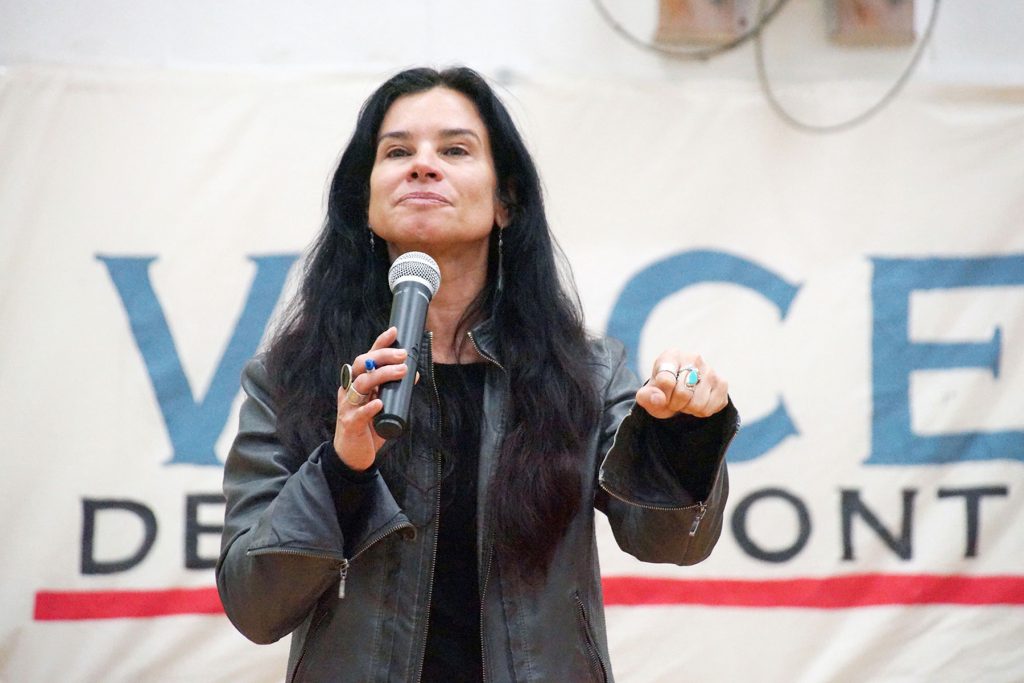Technofeudalism: The economic revolution that Yanis Varoufakis believes has brought an end to Capitalism
By Christopher Pollard, Tutor in Sociology and Philosophy, Deakin University Yanis Varoufakis grew up during the Greek dictatorship of 1967-1974. He later became an economics professor and was briefly Greek finance minister in 2015. His late father, a chemical engineer in a steel plant, instilled in his son a critical appreciation of how technology drives social change. He also instilled him with a belief that capitalism and genuine freedom were antithetical – a leftist politics that made his father a political prisoner for several years during the “junta”, as they called it. In 1993, when he first got the...
Read More















